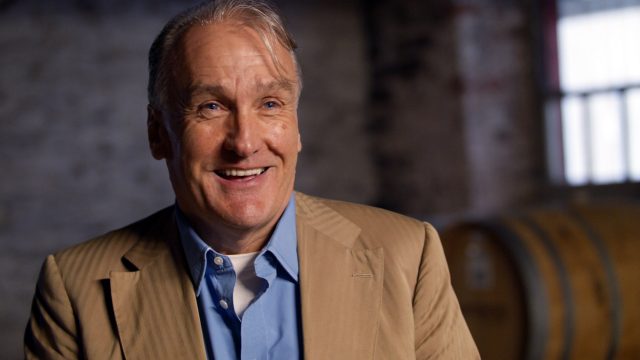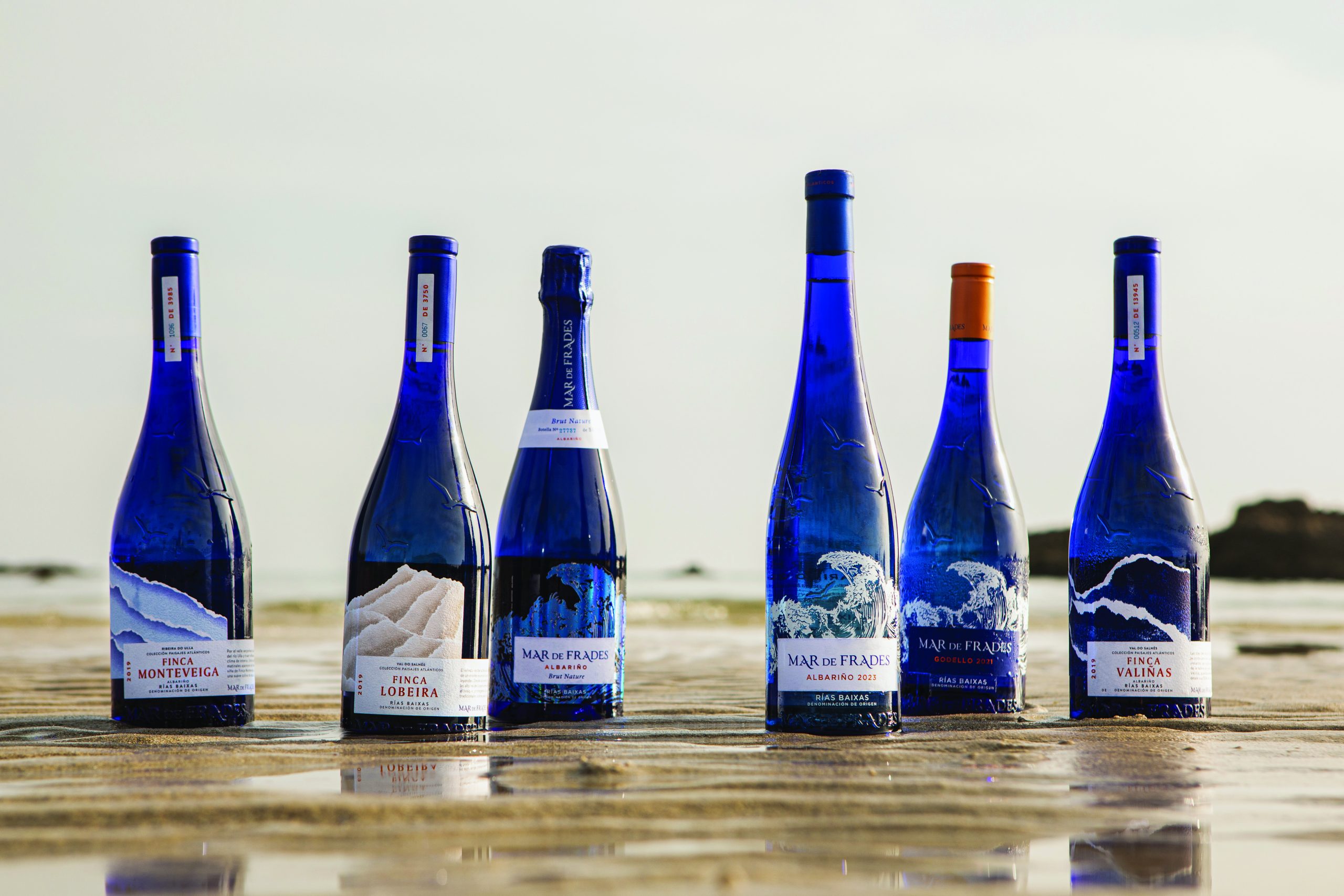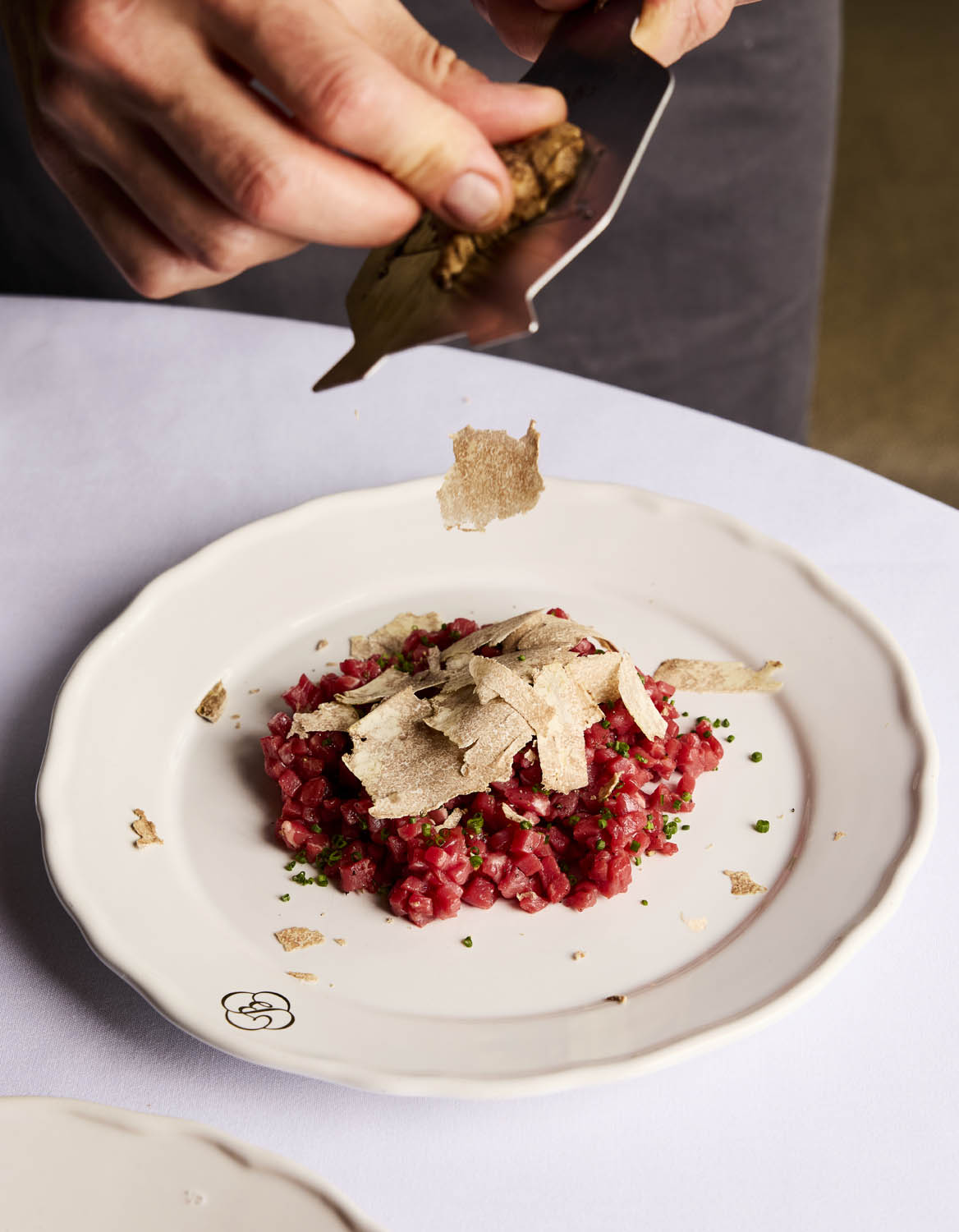‘The lifebelt became a millstone’: Waterford Distillery founder reflects on receivership
Mark Reynier, the founder of Waterford Distillery and former co-lead of Islay’s Bruichladdich distillery, spoke candidly about the challenges leading to receivership and his hopes for the future in an interview with James Bayley.

The news of Waterford Distillery’s troubles sent ripples through the Irish whisky industry. Despite the premium whisky producer’s critical acclaim, they now face the task of seeking a buyer or, failing that, liquidating assets to recover funds.
When asked about the last week, Reynier (pictured) described it as “humiliating, frustrating, annoying, incredibly stressful and dramatic.” Yet, he remains hopeful for the future, adding that receivership has brought a sense of clarity.
“It gives you a chance to re-examine everything in the clear light of day, and that’s been very useful. You can start looking forward instead of over your shoulder,” he said.
The decision to enter receivership, Reynier explained, was made to protect the business after a series of financial pressures, including the cost-of-living crisis and rising interest rates, rendered their model unsustainable.
“To protect the business, the board decided to enter receivership. It allows time to sort things out. There’ll be a sales process in January, and hopefully, we’ll be successful in reacquiring what we’ve worked so hard to build over the past 7-8 years.”
The impact of timing
The timing of Waterford’s launch proved catastrophic, coinciding with the Covid-19 pandemic. “Launching a brand the day before lockdown meant we never got the benefit of any uplift from the Covid period. Doors that were open very quickly shut as people got furloughed, etc,” Reynier said.
Post-Covid, the distillery faced further headwinds. “We didn’t really start until after Covid, and then we were smack bang in the middle of the cost-of-living crisis. Fuel costs went through the roof – our energy bills went up sixfold. Fundamentally, the drinks industry went from a Covid high to a cold-turkey low, and it’s been like that pretty much ever since,” he said.
Partner Content
Reynier drew on his experience at Bruichladdich, where “stock [was] king.” However, the scale of Waterford’s whiskey stockpile – valued at €140 million – became a burden rather than an asset due to high interest costs and poor sales. “The lifebelt became a millstone. Simply put, we were paying so much in interest that we couldn’t cover it with poor sales,” he said. This issue was compounded by a market saturated with bulk stock, disrupting the pricing landscape.
Reynier acknowledged mistakes made along the way, including decisions around distribution and bottling. “We made mistakes with distributors – appointing one or two out of desperation during the lockdown. In hindsight, we knew they weren’t suitable long-term,” he admitted.
The rush to bottle whiskey during Covid-19 also created challenges. “We panicked and bottled more quickly than planned. Those early bottlings, meant to be one-offs, were repeated. Post-Covid, we now have older whiskey ready, but we’re still dealing with the remnants of those initial bottlings.”
The future of Waterford
Despite the setbacks, Reynier remains hopeful about Waterford’s future and is eager to regain control of the distillery. “I hope it’s me! There are several options we’re exploring, but I hope we can get the team back together and continue. The commercial environment has calmed and loosened a bit, so there’s hope.”
For Reynier, the journey is deeply personal: “I want to finish what we started. The product is extraordinary. I haven’t finished what we started, and letting colleagues and shareholders down hurts. They had faith in me, not just the brand. That’s a difficult pill to swallow.”
Reynier reflected on the resilience of shareholders and staff during this challenging time. “Shareholders have been extraordinary – very philosophical and supportive. They invested in an idea, not a guaranteed outcome. My colleagues, understandably, are worried. But the bigger picture is about getting Waterford going again and putting this behind us.”
With the receivership process underway, the coming months will be pivotal for Waterford Distillery – and for Reynier, who remains determined to see his vision realised.
Related news
Waterford Distillery enters receivership
Waterford Distillery launches most heavily-peated Irish whiskies of all time
Waterford Distillery launches Lestrange meanswear fashion collaboration




